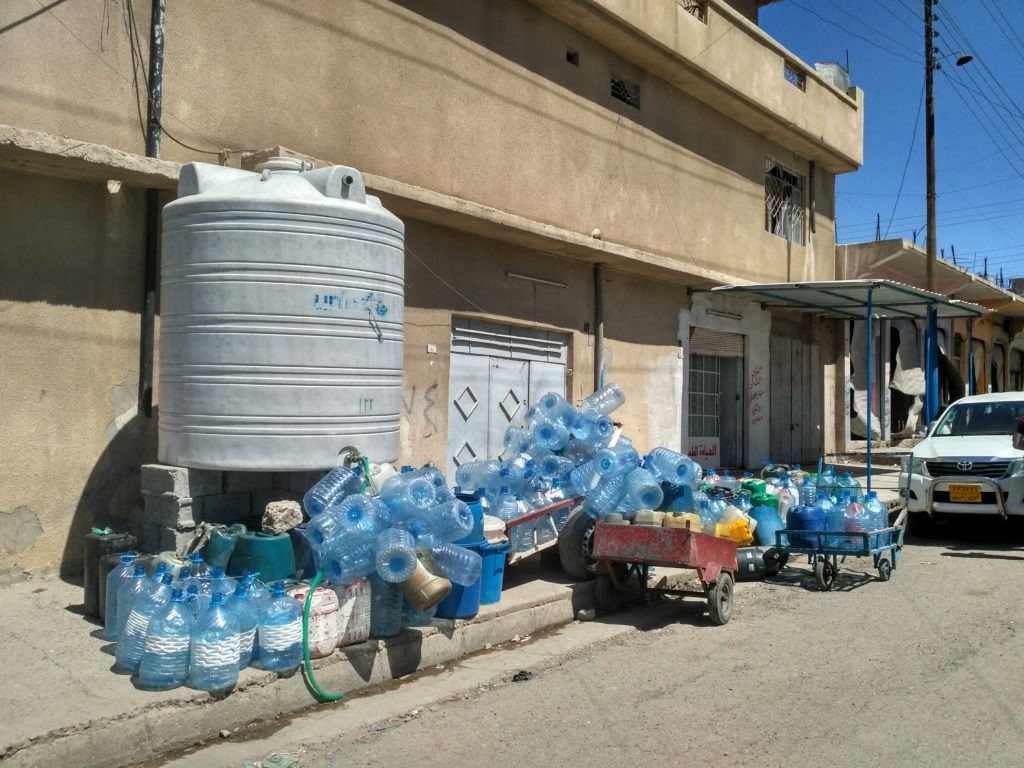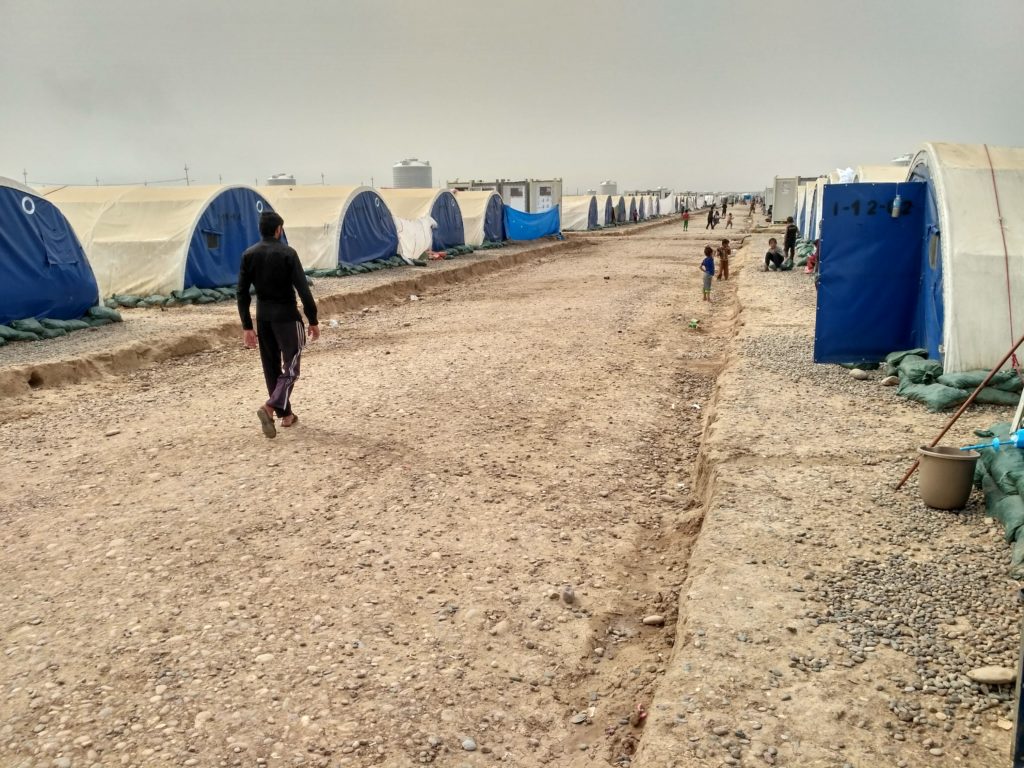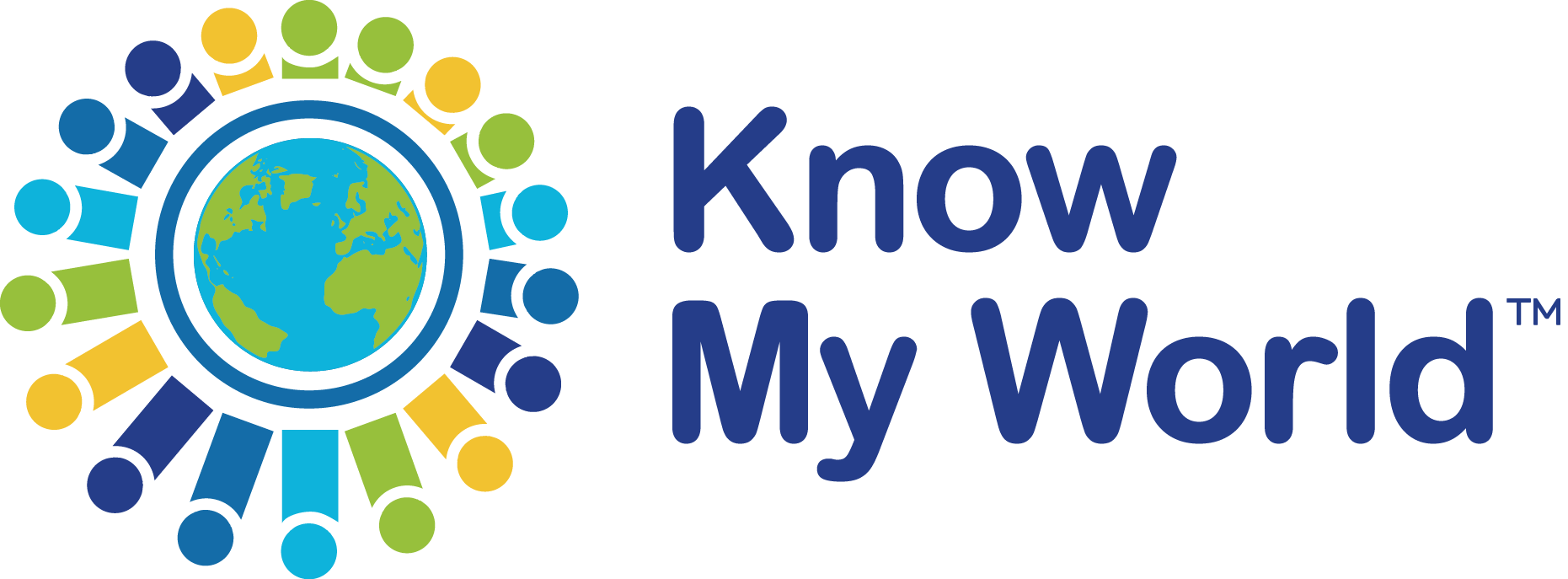
Traveling and living in many parts of the world as a global educator, you meet all kinds of people who are working toward the common good. There are many ways people create communities of care that intersect with education and what it means to be a global citizen. I met Perry in Thailand. He is a very intelligent, calm and kind man. I heard he worked as a humanitarian and in a very particular role, so I was curious to hear his story and share it with other global citizens.
What’s your name and where are you from?
My name is Perry, and I’m from England, but live in Jordan now.
What is your profession?
I am a humanitarian professional, an aid worker working for an NGO.
What is your job in the company?
I am the regional water sanitation and hygiene advisor for the Middle East region.
What did you study to get into this profession?
My undergraduate was business with marketing and did an MBA as well. After this qualification I decided I wanted to do humanitarian work. Thus, I went back to university and studied water and environmental management for low income countries. It was at Loughborough University in Leicestershire UK, department is WEDC water engineering developmental centre.
How does your job look like?
At the moment I spend half my time in Jordan and the other half I support my teams in the countries we work in the Middle East. The main countries are Syria, Lebanon, Iraq, Palestine and soon to be Libya. Being the advisor for Middle East I am responsible for what we do with WaSH (Water and Sanitation Hygiene) strategically, leadership roles, speaking with donors, networking, advising in terms of best practice to tackle their problems, being up to date with the latest academic thinking initiatives, leading on innovation. Also, generally backstopping programs, so I’ll visit the countries regularly and review their programs and make sure the work they are doing is at the quality standard that we set.
What areas of these countries do you work in? Who do you work with?
We work with people affected by displacement. Could be refugees or could be internally displaced people. For example, Iraq has a lot what we call IDPs (internally displaced people). But could also be Lebanese people who are still living in their communities but because they have had many Syrian refugees come in, they have been affected by the crisis too because there is now more strain on different public services like water for example. So, we work with anyone affected by displacement. Some of the times its in formal refugee camps, or informal refugee camps (which have popped up sporadically with no planning permission), and other times its in host communities.
When you visit these countries do you visit these refugee and community locations?
Yes, we visit all the areas where we work. We agree with governments and different partners, United Nations, where we should work and what we should be doing. We don’t always have access ourselves because of the security situation, like in parts of Syria for example, so then we choose to work with local partners instead so we can have an impact and meet needs.
How often do you travel to these?
Half my time is traveling around. So, half a year I am in Jordan and the rest of the time traveling between these countries.
Why it was decided for you to be in Jordan?
Jordan is where the regional office is. It was set up there because it is considered to be a bit more secure in terms of political environment than the other countries and the Jordanian have been very welcoming to the NGO community.
How did you find this NGO?
There is a website which most aid workers use called reliefweb.int. All the jobs get posted there and it’s the first place to go to looking for work. I have been with my NGO now for 2 years now.
Do you volunteer or is it a payed job?
It is a payed job. It is a career like any other career. It is a competitive workplace. It is very difficult to get your first job in it, but once you do then generally you get the experience that you need, and you can move on to different countries or organization.
I like the idea of providing something which is tangible, a lot of sectors results are based on statistics or figures.
Why did you specifically choose the WASH sector?
Once I decided I wanted to work in humanitarian work I read about all the different sectors so for example, education, shelter, health, information counselling and legal assistance etc. I decided on WASH because the value of clean water and sanitation, and the public health impact it has is massive and very undervalued. And I like the idea of providing something which is tangible, a lot of sectors results are based on statistics or figures. So improved health or improved infant mortality rates, or nutrition and so on are statistics. But with clean water I could see that they didn’t have access to clean water, before they were using muddy dirty water from an open stream, perhaps. And now they have clean water, so its more tangible. And there was an excellent university in the UK for it. I wanted to do something niche, I didn’t want to study international development because you can do a little bit of everything but not something specific. When I did my studies, I thought this sector is what I can do and want to focus on.
What types of programs and interventions do you do in your job? We do different types. For example, in a refugee camp we might focus on access to water. The job might be constructing water networks, it could be rehabilitation work and repairs to water networks which were damaged, especially in Iraq there’s a lot of damage done purposely from ISIS. Could also be to build water treatment centers, or could be building toilets, especially in refugee cams where disease spreads very fast when they are not being used correctly. Also, hygiene messaging, such as washing hands, which is the most effective way to stop the spread of disease, and can reduce diarrhea up to 42% which is more effective than giving clean water or providing sanitation, and its most cost effective.
It was always a race against time to stop the disease from spreading more. Once it got global recognition from cases arising in the US and Europe, then the funding came in, and they declared it a global health emergency, which should’ve happened much earlier. There were many lessons to be learned from it.
Who funds these interventions? Do you have to collaborate with the governments of the countries you visit?
We are funded by different donors. It might be the Norwegian government, the EU, United Nations, the US or UK government etc. We get permission of the countries we work in, but it is not funded by them. We always have to get permission from these governments before we go into their countries.
Sometimes these permissions become very difficult depending on the country and the situation. For example, in Gaza it is very challenging to get permission to do any infrastructure work because there are many restrictions about what can and cannot get into Gaza, because of the blockade put in place by Israel. It can be really challenging to do your work with the amount of restrictions, so it really contributes to the suffering of the Palestinian people.
In Iraq as well, we are trying to treat water there, but we aren’t allowed to use chlorine to treat water because they are afraid that ISIS will come a long and take the chlorine to use as a weapon – a chlorine bomb.
That being said, our NGO is a non-denominational organization, so it is very important for us to keep our impartiality.
Where are the staff from? And what languages do you use at work?
We employ most of our staff locally, which is the way any NGO should do it. Sometimes you need to have international people because they have the experience and skill sets not available locally. My work is in English since that is the only language we speak. Obviously, our field staff are more likely to speak with those people we work to help in Arabic.
In your career, what has been the most challenging intervention, or challenging place to work in?
The Ebola response, in Sierra Leone in 2014-2015. It was classified by the UN as the biggest humanitarian response in history. It was a disease like no other we had seen before because of the complex nature of it and it spread so quickly. It was particularly challenging for me because there was part of the response which was given to the WaSH sector, because they classed it as hygiene and sanitation. The work was caring for sick patients, so cleaning up after them and a lot of infection prevention and control. But also included dead body management, so putting people in body bags, and being responsible for the burial. But when people die, the blood and vomit is the most contagious so its difficult to include experienced people from WaSH to do the work because their studies were in how to drill wells, how to drill holes, how to build toilets, and studently we had a hands-on job with people, where you are risking your life. So, it was hard to recruit people to do this job.
It was a 24-hour job and very high-risk environment. We had outbreaks before but nothing on the scale of this. There was a lot of research going on at the time to support us and tell us the best practices, but it was always a race against time to stop the disease from spreading more. Once it got global recognition from cases arising in the US and Europe, then the funding came in, and they declared it a global health emergency, which should’ve happened much earlier. There were many lessons to be learned from it.

What organization where you working with at the Ebola outbreak time?
I was working for another NGO from Ireland. The British government built a hospital for Ebola patients and we were responsible for management of it. Supplying doctors and nurses, and my role was to be in charge of all the WaSH there. Firstly, we needed a chlorinated water supply, because that is how we cleaned everything with chlorine. Maintaining the levels of chlorine was very challenging and took a lot of monitoring. Disposal of the medical waste, the incineration of it, then the disinfection of everything from the patients, from vomiting to diarrhea, any materials that they come in contact with, dead body management, disinfection of ambulances, disinfections of any areas. I had a team of 300 people I was responsible for. The hospital was one of the few in which no staff got infected, so I was very pleased by that.
Have you ever been in a dangerous situation in any of these countries, not just illness wise but safety as well?
With Ebola, everyday I was in a high-risk area. There was a point where I had symptoms, so I was admitted to the hospital myself, but I got a negative result, thankfully. I haven’t had anything too serious in conflicts zones. I had a run in with ISIS once but nothing came of it. Quite often we get moved on by security teams because they receive intelligence and they know which areas aren’t safe anymore. But we have security and access teams which are more informed than us and take care of us.
What is the best part about your job? What do you like most about your job?
I like to travel and going to new places. Meeting people from different cultures and having colleagues from around the world and learning from them. Every response is totally different, its always in a completely different context, different culture, which means you need to find different solutions. It is still relatively a new sector, so there is a lot of research being done on different modes of response. For this there is always a lot to learn and a lot to educate yourself on. Also, I enjoy this job for the obvious reason that it is about giving back. Even when I stay over my hours working in the office or have a difficult day, I know at least I am doing it for a good reason. I am not working to make someone else get a third Porsche. I chose this job because it helps you to do something meaningful. Your job doesn’t have to be meaningful to have a meaningful life but at least I know I am giving back and making others lives better.
What do you do to take a break from your job?
If you work for a good organization, they give you rest and recuperation days because they know you work in difficult environments and it’s a demanding job, so we get enough days to relax. To relax I like to travel and go on holidays. I visit friends and family.
Where do you travel to and what is your favourite country you have traveled?
I travel where the food is good. I am a fan of Thailand, but my favourite would be India. It is so varied, it has the Himalayas mountains, it has desert, it has jungle, rainforest, beaches, huge cities, tea plantation, it has Varanasi one of the oldest cities of the world. It has everything, it is very varied. Food is excellent. You can learn a lot there but it’s also a good place to learn about yourself.
Thank you, Perry for sharing the insights of your career. I appreciate your honesty and wish you success in all your future programs and interventions.
